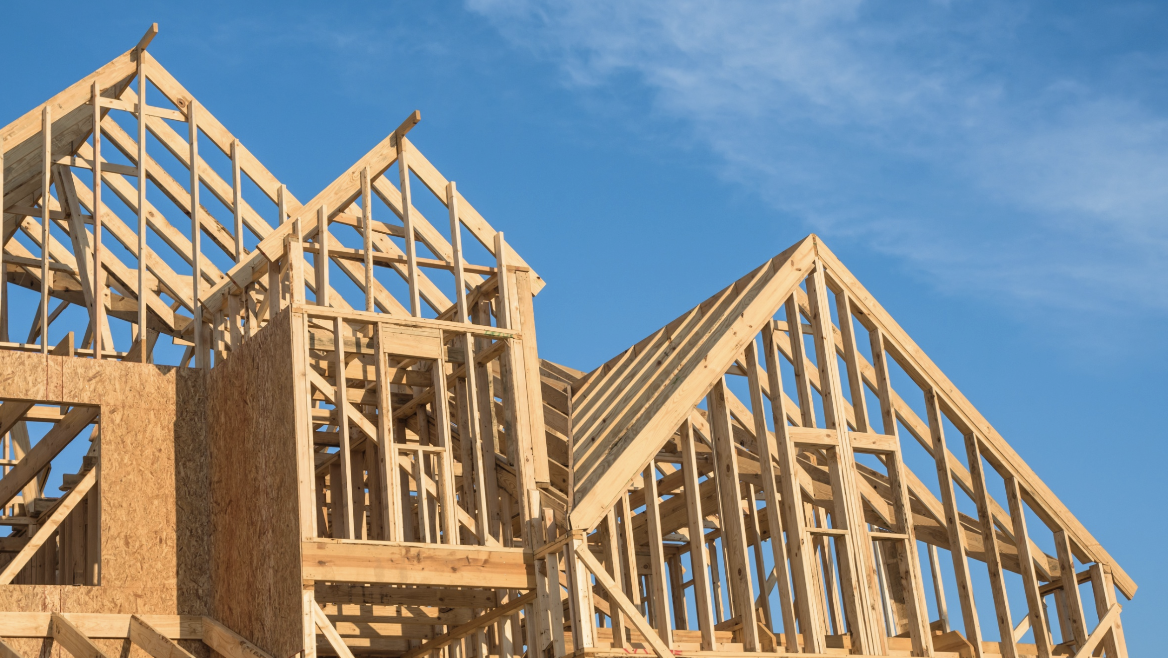By Corey Burr
FORBES Real Estate Council
The reluctance of many millennials to buy a home has been well-documented over the last few years, but that is changing. According to realtor.com, millennials now account for the largest share of loan volume — 42% in December of last year. In spite of significant home price appreciation and low inventory in a number of U.S. markets, growing numbers of this generation are entering the real estate market. That trend is likely to accelerate, in light of the fact that only one-third of millennials owned homes at the end of last year.
For millennials who are considering or have begun their search for their first home, there are some critically important things you must consider before making what will likely be the biggest financial decision of your life.
1. Low interest rates:
Whether entering the housing market by choice or by necessity, millennials will benefit from attractive interest rates, which hit a 14-month low in March. Lending standards have been relaxed over the last few years, requiring smaller down payments. Qualifying for a mortgage with a good job is not as hard as it used to be.
2. Owning a home is an investment that will likely appreciate over time:
Think of it as a built-in savings account through which to build equity. Time is on your side. The tax benefits are significant too, due to the write-offs you may take for mortgage interest on loans up to $750,000, and on property taxes up to $10,000 annually. If you are renting a home, not only are there no tax benefits; you are also at the mercy of a landlord who can hike the rent.
There is one caveat: A buyer needs to commit to owning a property for generally at least three years to allow for market appreciation to outweigh the closing costs of buying and selling. If you can’t make that commitment, the flexibility of renting is preferable.
3. Finding the right home:
Before you begin shopping for a home, figure out what you can realistically afford. Do your research, and talk to your real estate agent and a mortgage broker. The last thing you want to do is to exhaust all of your savings and have little or no money to furnish your home or take a vacation. If you can’t find a home in your price range, consider a fixer-upper. A place that needs some cosmetic work may be more affordable and give you the opportunity to add value with home improvements over time. Mortgage loans are available that allow you to wrap renovations into one loan along with your home purchase.
4. Hidden costs:
A recent Bankrate.com study found that underestimating the hidden costs associated with purchasing a home is the No. 1 frustration for millennial homebuyers. These costs include insurance, property taxes and closing fees, and can add up to 5% of the home price. One way to lessen the financial pain is by making an offer that is contingent upon the owner paying some or all of the closing costs.
5. Your ‘rainy day’ fund:
Make sure you have enough money set aside to deal with unexpected costs that inevitably come up over time. There are some repairs that have to be addressed immediately. If your air conditioning unit breaks down in the middle of July, you will need to get it fixed (unless you want to sweat a lot). You should anticipate spending 1-3% of the home’s purchase price on annual maintenance and upkeep.
6. Location matters:
Before making an offer on a home, make sure you also like the neighborhood. Spend time driving around the community to get a feel for it. If you have young children, check out the parks and playgrounds, and do some research on nearby schools. If you don’t like to drive, make sure you are close to good public transportation. It’s important to understand that where you live plays the largest role in determining the value of your home.
For most cash-strapped millennials, the key to avoiding buyer’s remorse is to play it safe when purchasing their first home. Instead of going for a dream home first and foremost, start with an affordable property, and trade up later.


 Facebook
Facebook
 X
X
 Pinterest
Pinterest
 Copy Link
Copy Link
